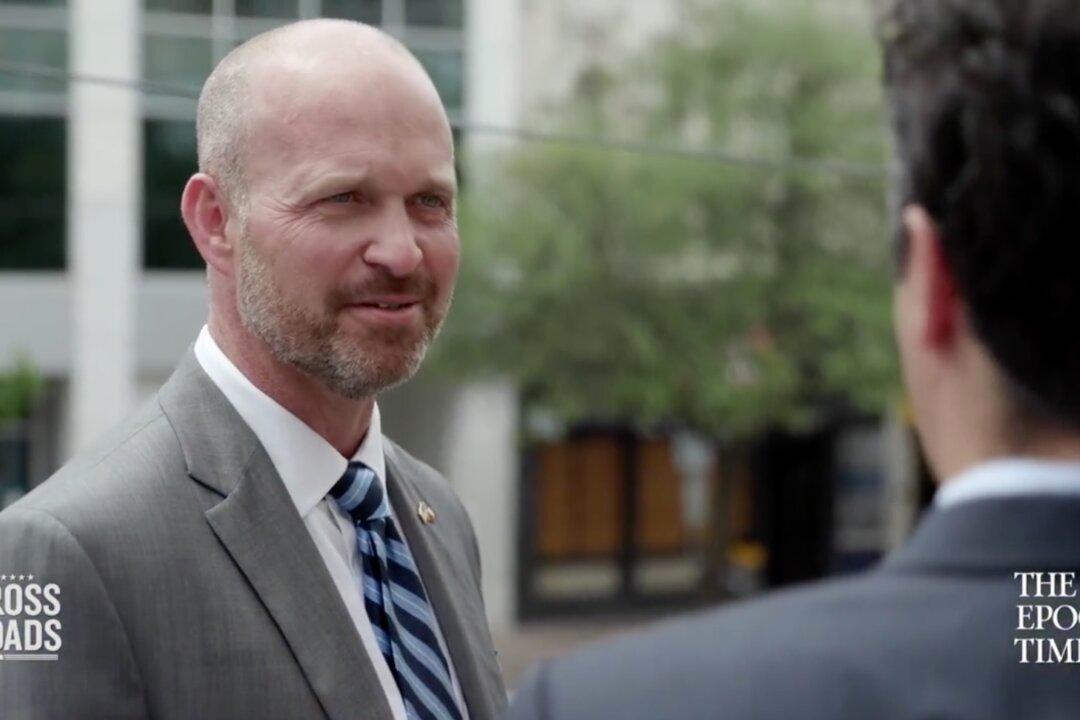Texas Public Policy Foundation CEO Kevin Roberts told Epoch TV’s “Crossroads” program that he expects his organization will take the lead in future legal challenges to the Biden administration’s proposed new rule that seeks to fund grants for the teaching of Critical Race Theory (CRT) and so-called “anti-racist” ideas in the nation’s schools.
In a proposed rule released on April 19, the Education Department outlined new priority criteria for a $5.3 million American History and Civics Education grant, as well as exemplary materials for K-12 educators to use. Specifically, the department cited the “1619 Project,” and CRT advocate Ibram X. Kendi’s “antiracist idea” as leading examples of the kind of content it wants to use taxpayer dollars to promote in history and civics classrooms across the country.






